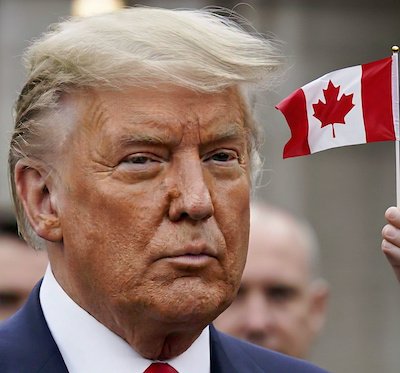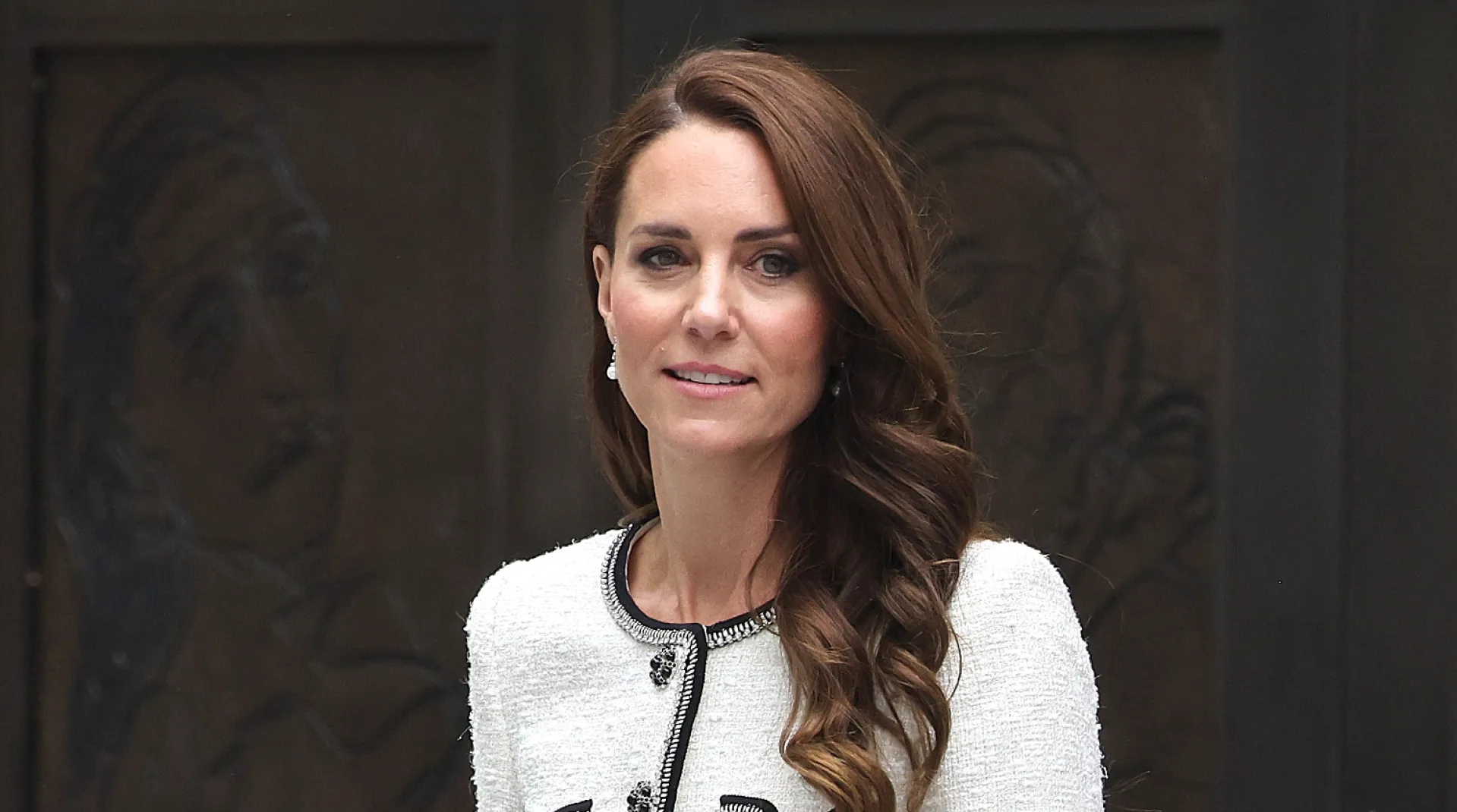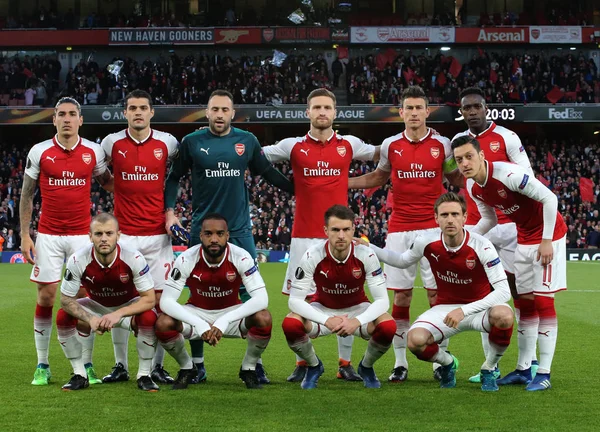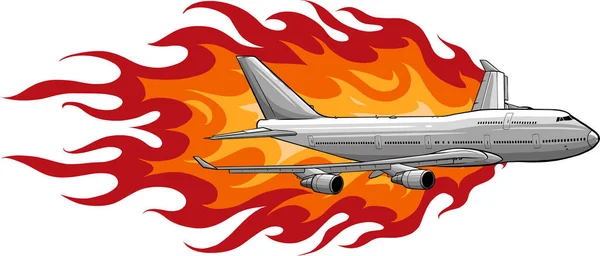Canada Votes Amid Trade Wars, Annexation Threats, and Rising Tensions

Canadians headed to the polls on Monday in a tense federal election shaped by economic turbulence, aggressive tariffs, and even annexation threats from the United States. The election will determine whether interim Prime Minister Mark Carney will secure a full four-year term or if voters will hand power to the Conservative Party after nearly a decade of Liberal leadership. Balloting kicked off in Newfoundland and Labrador early Monday morning, setting the tone for a high-stakes national decision.
This election has been heavily influenced by strained relations with the United States, as President Donald Trump’s tariffs on Canadian goods have rattled the economy and his provocative statements about making Canada the "51st state" have enraged citizens across the political spectrum. Carney, taking a strong nationalistic stance, vowed earlier this year to resist any attempts to undermine Canadian sovereignty, insisting, "We are masters in our own home."
The main contest is tightly drawn between the incumbent Liberal Party, now led by Carney since March, and the Conservative Party, headed by veteran politician Pierre Poilievre. Carney, a former governor of both the Bank of Canada and the Bank of England, assumed leadership after Justin Trudeau resigned amid plummeting poll numbers. His arrival coincided with an intensifying trade war with Washington, which fueled a Liberal comeback in public support.
Campaigning as a calm and seasoned economic expert, Carney has pledged to revitalize Canada’s economy through industrial growth and energy independence. "We will build again in this country," he promised, outlining plans to construct homes, factories, and clean energy projects while reducing reliance on the US market. Emphasizing his global financial experience, Carney positioned himself as the steady hand needed during turbulent times.
Meanwhile, Conservative leader Pierre Poilievre has framed the election as a fight between ordinary Canadians and entrenched "Ottawa elites." Accusing the Liberals of clinging to power through political maneuvering, Poilievre has promised sweeping changes: cutting taxes, slashing government spending, and aggressively developing Canada’s natural resources to fuel economic self-sufficiency. "We will unleash our economic independence," Poilievre vowed in his campaign speeches.
Interest in the election reached new highs, with a surge in early voting. According to Elections Canada, over 7.3 million Canadians voted ahead of election day — a 25% increase compared to the 2021 election. Voters reported long waits at polling stations, reflecting the charged atmosphere of an election many see as critical to Canada’s future direction.
As Canadians cast their ballots, the choice is stark: Carney’s vision of steady economic stewardship and strengthened sovereignty versus Poilievre’s call for radical change and a break from nine years of Liberal governance. Amid fears of economic uncertainty and external threats, the outcome of this election promises to shape Canada’s political and economic landscape for years to come.
What's Your Reaction?
















:format(webp)/cdn.vox-cdn.com/uploads/chorus_image/image/70136881/1347078605.0.jpg)





